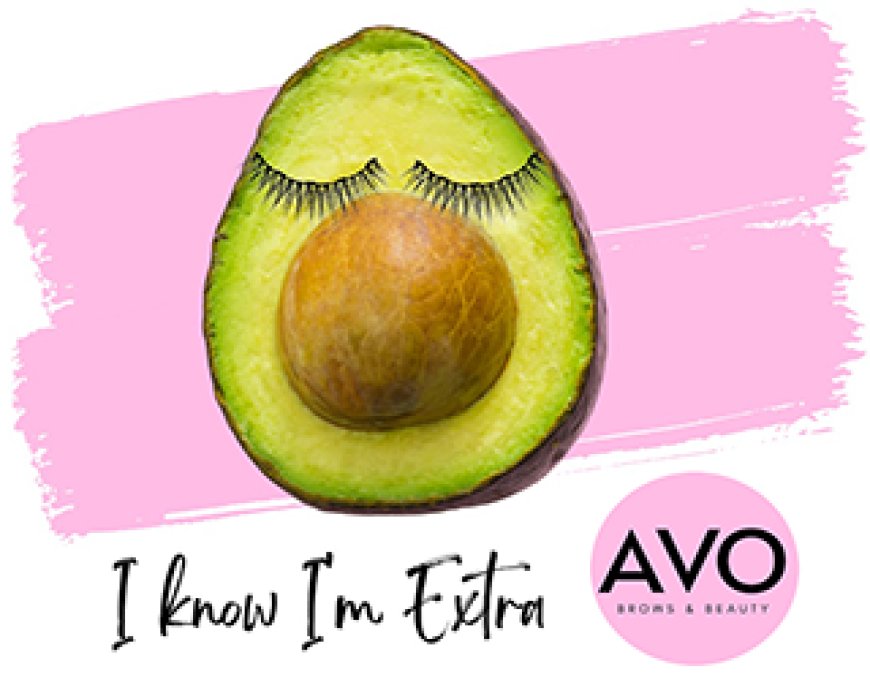How Product Liability Cases Protect Consumers – Even When You Never Step Into Court

Most people think product liability cases only matter when something goes terribly wrong — a defective car part causes an accident, a household appliance overheats, or a new drug leads to dangerous side effects. However, in reality, product liability law is always at work in the background, shaping how everyday products are created, tested, marketed, and monitored.
Consumers benefit from this protection constantly, even if they never file a claim or appear in court. The legal system has built-in mechanisms that encourage companies to act responsibly — because the cost of ignoring safety is often higher than the cost of addressing it.
The Power of Accountability Without a Trial
Many of the most significant changes in product safety occur long before a case reaches trial. Companies often respond to early complaints, safety reports, or regulatory warnings by making internal changes. They reformulate ingredients, update instructions, issue recalls, retrain staff, or increase quality testing — all to reduce the risk of litigation and preserve consumer trust.
“Product liability law isn’t about punishment—it’s about prevention. When companies are held accountable, they improve their products, their testing standards, and their transparency. Consumers benefit long before a case ever reaches a courtroom,” says Sarah N. Westcot, Managing Partner at Bursor & Fisher, P.A.
In simple terms, product liability law encourages companies to fix problems early, quietly, and thoroughly — so consumers are protected long before they even realize a problem existed.
Why Safety Standards Keep Evolving
Safety standards are not static — they evolve as we learn more. What was considered acceptable in the 1990s is no longer sufficient today. Technology advances, scientific research progresses, and industries refine their oversight. Product liability law encourages companies to stay ahead of risks, rather than chase them after the fact.
This pressure ensures manufacturers:
- Conduct meaningful safety testing before release
- Monitor real-world product use after release
- Provide clear disclosures and warnings
- Adjust their designs when risks emerge
“Corporate safety is not optional. When a product enters the market, the responsibility for its impact follows. Strong legal oversight ensures that public safety is treated as a priority—not a line item,” added Dr. Nick Oberheiden, Founder at Oberheiden P.C.
Consumer Trust: The New Market Advantage
Today’s marketplace moves fast, and consumer trust spreads even quicker. Reviews, testimonials, and shared experiences shape buyer decisions more than traditional advertising. This means companies can no longer rely solely on claims; they must consistently prove their safety and integrity.
Brands that are proactive in safety often stand out as leaders. They are the companies that explain what’s inside their products, how they’re tested, where they’re made, and why decisions were made for consumer well-being.
“Consumers reward brands they trust. When businesses are transparent about how their products are made and tested, loyalty grows naturally. Trust isn’t a marketing strategy—it’s a long-term investment,” said Gerrid Smith, Chief Marketing Officer at Joy Organics.
This cultural shift means that consumer protection is no longer just a legal expectation — it is a business strategy.
You Benefit Even If You Never File a Claim
Even if you never sue anyone, never join a class action, and never deal with a defective product, you still reap the benefits of product liability law.
You benefit because other people have raised concerns.
You benefit because lawyers have demanded accountability.
You benefit because companies have learned to prioritize prevention.
The invisible impact is everywhere:
- Safer packaging for children
- Clearer dosage instructions on medications
- Fire-resistant materials in household goods
- Warning labels backed by real testing, not legal formality
- Faster recall announcements to protect public safety
All of this reduces harm and builds consumer confidence — quietly, consistently, and powerfully.
Conclusion: Protection Built Into Everyday Life
Product liability cases are not just about lawsuits — they are about shaping the marketplace. They ensure that companies take responsibility for the products they release and the promises they make. Even when no one steps into court, consumers win through:
- Higher safety standards
- Stronger testing requirements
- More transparent labeling
- Faster corporate response to risks
And in a world where we use hundreds of products daily — from shampoo to smartphones — safety should never be optional.
Your life is quieter and safer because someone, somewhere, demanded accountability.
The post How Product Liability Cases Protect Consumers – Even When You Never Step Into Court appeared first on Entrepreneurship Life.












